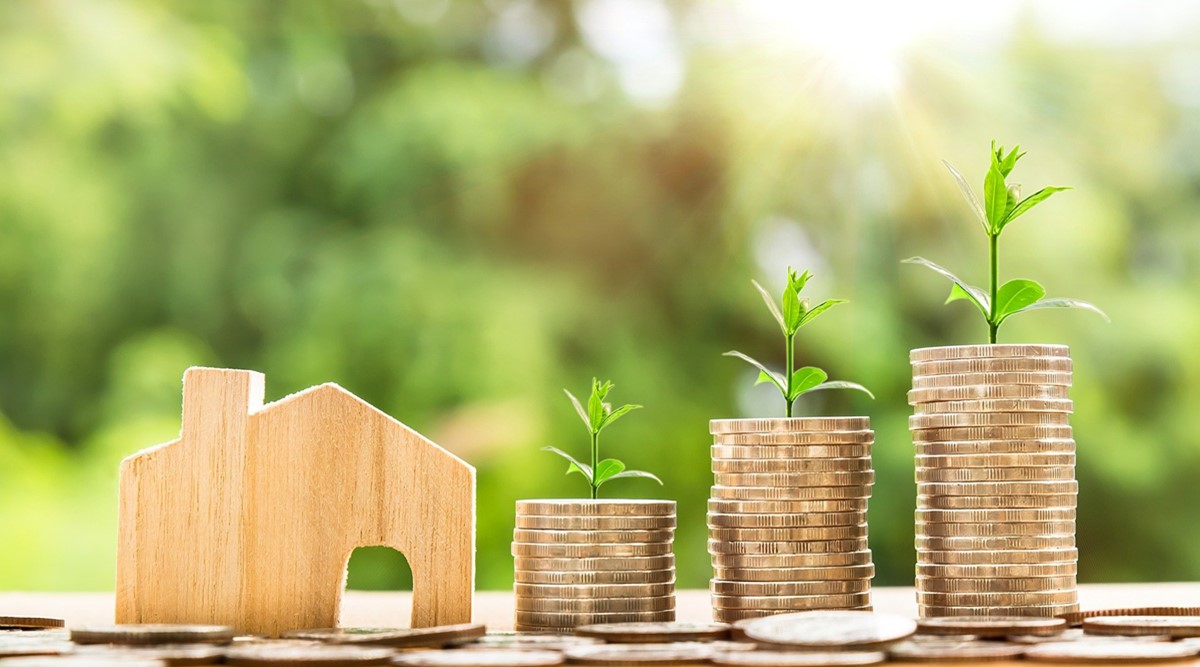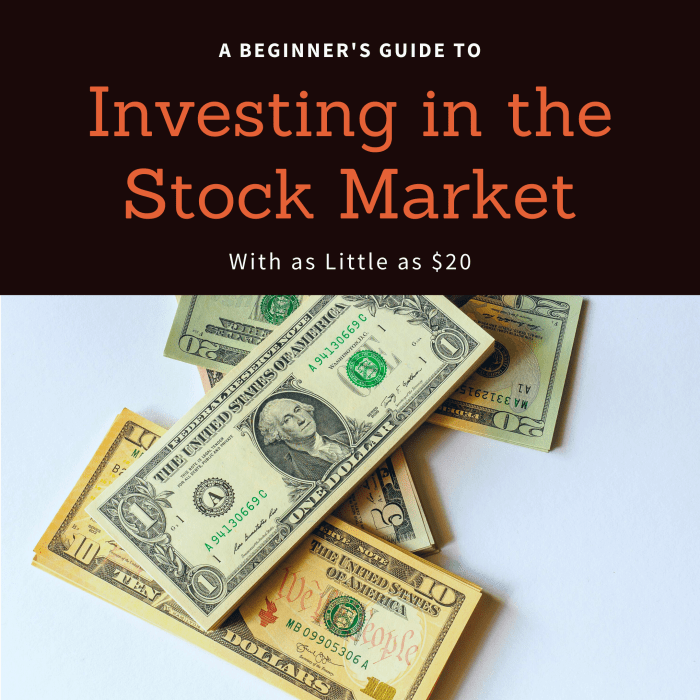
How much money do you have available right now? To get there, consider these five things:ġ. But before you start looking at providersor portfolios, you’ll need to have your answer to the investment equationready. You’ve wrestled with the angel of debts, built up a buffer, and identified the slack in your budgetary sack. Do, of course, leave enough to cover your necessary expenses… Putting money from your paycheck directly into a savings or investment account before paying for anything else hopefully means that money out of sight is also out of mind – and is therefore less likely to be spent on a whim. You can go retro with the trusty combination of pen and paper, or use a spreadsheet 🤖 – but no matter what your preferred budgeting tool, here’s one bit of handy advice championed by none other than the “ Oracle of Omaha” himself, billionaire investor Warren Buffett… It sounds a bit dry but in order to figure out how much you’re able to invest, you’ll need to keep track of your regular incomings and outgoings to know how much cash you’ve got available now – and how much you expect to have available on a monthly basis. It may make sense to store your emergency cash in a savings account with “instant access”, meaning you can get hold of it quickly in an emergency – while also earning a little interest.

Putting aside just £100 a month soon adds up. If you don’t already have one, you can start building up your emergency fund right now. This can easily lead to rising debt (of the bad kind), because when a financial emergency strikes, you’ll be forced to borrow – ultimately increasing your financial burden thanks to interest payments, and hampering your saving and investing goals. Sadly, the average Brit has less than one month’s salary set aside for a rainy day. Introducing the emergency fund…Īn emergency fund is money you set aside to cushion unexpected financial shocks that can be stressful as well as expensive: losing your phone, your job – or even a few teeth 😬 A good rule of thumb is that you should have three months’ salary after tax set aside to help weather the storm during life’s more testing tempests. Once your debts are under control, it’s important to protect yourself (and your wealth) from life’s unexpected trials and tribulations. By taking out a single new loan and using that money to pay off all your other loans, you may be able to reduce your interest costs and, again, pay off your balance sooner. That should help you pay off your balance more easily – but be careful not to add to it, as you’ll probably still be charged interest on newpurchases.įor larger or longer-term debts, consolidation might help. Although there are often initial fees involved, many credit cards allow you to move existing debt to a new card interest-free (for a while). One way to defeat pricey bad debt is to transfer your outstanding credit card balances. Tomorrow you won’t thank today you for the financial fallout of debt-fueled shopping sprees, luxury holidays, or using credit to pay off bills 🦆 Good riddance to bad rubbish debt

Student loans are likely good debt too, since higher education should boost your job prospects and earnings potential.īad debt, on the other hand, is all take and no give – it doesn’t provide any future financial benefit.

For example, once a mortgage is repaid, you’ll be the sole owner of a property which may increase in value – and even before then, you can potentially generate rental income. Good debt is that which provides a financial benefit over and above the money and leaves you better off overall. That means starting out by minimizing the amount of pesky interest payments you’ve got on any outstanding debts – since those payments erode any gains you might earn from savings or investments.ĭebt often gets a bad rap – but arguably, not all of it is deserved. The aim is to grow your wealth over the medium and long term – and you’ll no doubt want to give yourself the best possible chance of success. Step two in figuring out your future finances is understanding just how much you’re able to save or invest.


 0 kommentar(er)
0 kommentar(er)
